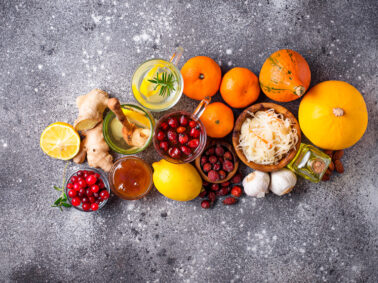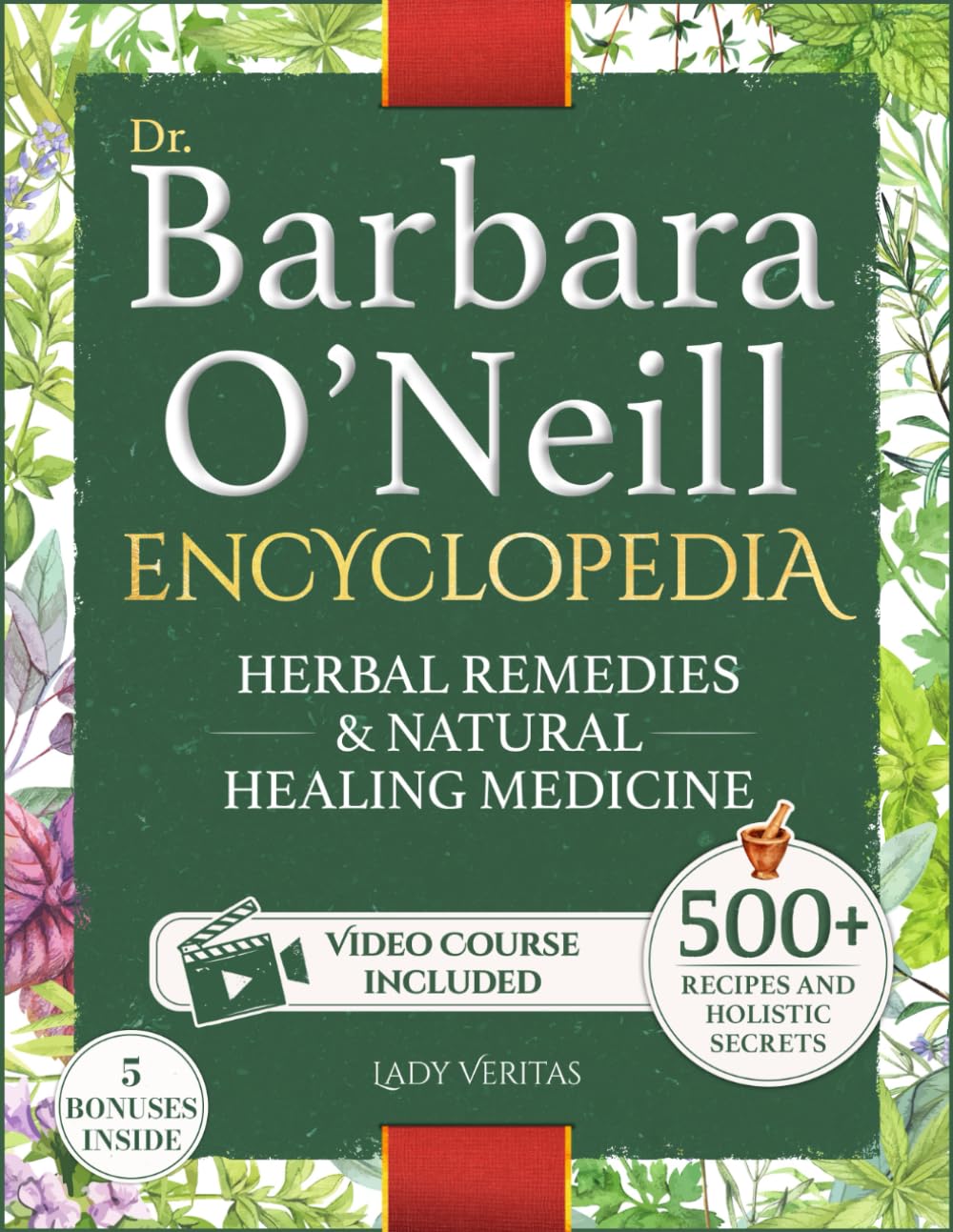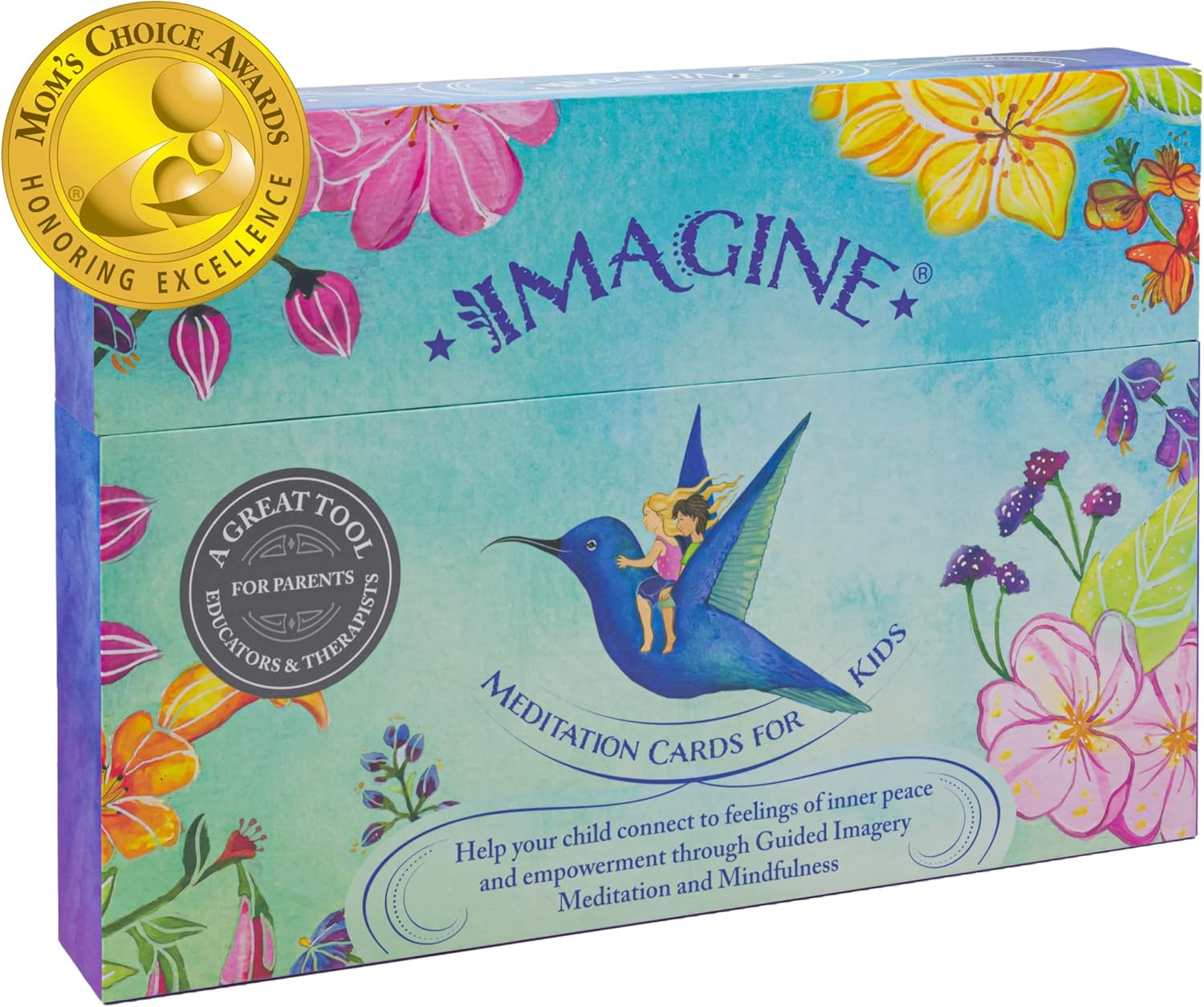Feeling under the weather? You're not alone. Our bodies are constantly bombarded by potential threats, from viruses and bacteria to environmental toxins. Thankfully, we have a built-in defense system: the immune system. But how can we give our immunity a natural boost and keep ourselves feeling healthy and vibrant?
This blog post explores the top foods and supplements that can help strengthen your immune response naturally. By incorporating these powerful allies into your daily routine, you can empower your body to fight off illness and stay on top of your health game.
Table of Contents
How to Boost Immunity Naturally with Food and Supplements
A strong immune system is your first line of defense against illness. It's a complex network of cells, tissues, and organs that work together to identify and neutralize pathogens (harmful germs). While there's no magic bullet for guaranteeing perfect health, certain lifestyle choices can significantly impact your immune function.
Here's a powerful two-pronged approach you can take to naturally boost your immunity:
- Fuel Your Body with Immune-Enhancing Foods: A balanced and nutritious diet rich in vitamins, minerals, and antioxidants provides the essential building blocks your immune system needs to function optimally.
- Consider Strategic Supplementation: Certain supplements can offer additional support, especially if you have dietary limitations or deficiencies.
Top 10 Immunity-Boosting Foods:
1. Citrus Fruits (Oranges, Grapefruits, Kiwis)
Packed with vitamin C, citrus fruits are a classic immunity booster. Vitamin C plays a crucial role in white blood cell production, which are the foot soldiers of your immune system, responsible for attacking and eliminating pathogens.
Bonus Tip: Don't discard the peels! Citrus peels are rich in immune-supporting flavonoids. Grate them into your morning smoothie or sprinkle them on yogurt for an extra nutritional punch.
2. Bell Peppers (Red, Yellow, Orange)
Don't underestimate the humble bell pepper! These brightly colored vegetables are champions of vitamin C and beta-carotene, a powerful antioxidant that converts to vitamin A in the body. Vitamin A plays a vital role in maintaining healthy mucous membranes, the first line of defense in the respiratory system.
3. Broccoli
This cruciferous vegetable is a powerhouse of nutrients, including vitamins C, E, and K, as well as essential minerals like zinc and manganese. These micronutrients work together to support healthy immune function and inflammation regulation.
Pro Tip: Steaming broccoli is the best way to preserve its valuable nutrients.
4. Garlic
Garlic is a superstar in the natural wellness world, and for good reason. Studies suggest garlic possesses antiviral and antibacterial properties. Additionally, garlic is a source of allicin, a compound with immune-boosting potential.
Consumption Tip: Crush or mince garlic to activate the allicin for maximum benefit.
5. Ginger
Ginger is a versatile root with a long history of medicinal use. It has anti-inflammatory and immune-modulating properties, meaning it can help regulate the immune system's response. Ginger may also help soothe a sore throat and ease congestion associated with the common cold.
Tip: Try incorporating ginger into stir-fries, marinades, or a soothing cup of ginger tea.
6. Yogurt with Live and Active Cultures (Probiotics)
The gut microbiome, the vast community of bacteria residing in your gut, plays a crucial role in overall health, including immune function. Probiotics, the "good" bacteria in yogurt, can help maintain a healthy balance in your gut microbiome, which can indirectly support your immune system.
Look for yogurt labeled "live and active cultures" to ensure it contains beneficial probiotics.
7. Almonds and Other Nuts
Nuts are a great source of healthy fats, protein, vitamins, and minerals. They're particularly rich in vitamin E, an antioxidant that helps protect cells from free radical damage and supports immune function.
Moderation is key! Nuts are calorie-dense, so enjoy them in handfuls or sprinkle them on salads and yogurt for added crunch and nutrition.
8. Fatty Fish (Salmon, Tuna, Sardines)
Fatty fish are an excellent source of omega-3 fatty acids, particularly EPA and DHA. These essential fats have well-documented anti-inflammatory properties and may modulate the immune response.
Aim for at least two servings of fatty fish per week.
9. Green Tea
Green tea isn't just a refreshing beverage; it's a powerhouse of antioxidants called catechins. These potent compounds act like tiny shields for your immune cells. They help neutralize free radicals, unstable molecules that can damage healthy cells and contribute to inflammation. By protecting your immune cells from this oxidative stress, green tea may indirectly support a healthy immune response. This means your immune system can function more effectively in identifying and neutralizing pathogens that could make you sick.
10. Turmeric
Turmeric, the golden spice, contains a potent compound called curcumin. Curcumin has powerful anti-inflammatory and antioxidant properties, which may support a healthy immune response.
Tip: Fresh turmeric root can be grated into smoothies or curries. Dried turmeric powder can be added to cooking or enjoyed in a warm cup of turmeric tea with a squeeze of lemon and a pinch of black pepper. Black pepper enhances the bioavailability of curcumin.
Top 5 Supplements for Immune Support:
While a balanced diet is the foundation of a strong immune system, certain supplements can offer additional support, especially if you have dietary limitations or deficiencies. Here are 5 top contenders:
1. Vitamin D
Vitamin D, often referred to as the "sunshine vitamin," plays a vital role in immune function. Studies suggest vitamin D deficiency may be linked to increased susceptibility to infections.
Most people get enough vitamin D from sun exposure, but those with limited sun exposure or certain health conditions may benefit from supplementation. Consult your doctor to determine the appropriate dosage for you.
2. Zinc
Zinc is a mineral essential for many bodily functions, including immune system activity. Zinc deficiency can impair immune function and increase the risk of infections.
Shellfish, poultry, and red meat are good dietary sources of zinc. However, supplementation may be necessary if you have a deficiency.
3. Elderberry
Elderberry has been used for centuries in traditional medicine for its potential immune-boosting properties. Studies suggest elderberry may help shorten the duration of the common cold and flu.
Elderberry supplements come in various forms, such as syrups, lozenges, and capsules. Consult your doctor before taking elderberry, especially if you have any underlying health conditions.
4. Echinacea
Echinacea is a popular herbal remedy often used to prevent or shorten the duration of colds and flu. While research is ongoing, some studies suggest echinacea may offer mild immune support.
Echinacea is generally safe for most healthy adults, but it can interact with certain medications. Consult your doctor before taking echinacea.
5. Probiotic Supplements
As mentioned earlier, a healthy gut microbiome is crucial for overall health, including immune function. Probiotic supplements can be a helpful addition to your routine if you don't regularly consume yogurt with live and active cultures or have compromised gut health.
Look for probiotic supplements with multiple strains of bacteria and a guaranteed CFU (colony-forming unit) count.
Essential Lifestyle Practices for a Strong Immune System
In addition to a nutritious diet and strategic supplementation, a healthy lifestyle is paramount for optimal immune function. Here are some key practices to integrate into your daily routine:
- Prioritize sleep: Aim for 7-8 hours of quality sleep each night. Sleep deprivation can weaken your immune response.
- Manage stress: Chronic stress can suppress your immune system. Practice relaxation techniques like yoga, meditation, or deep breathing to manage stress effectively.
- Regular exercise: Moderate-intensity exercise for at least 30 minutes most days of the week can boost your immune system.
- Stay hydrated: Drinking plenty of water helps your body function optimally, including supporting a healthy immune response.
- Limit alcohol and processed foods: Excessive alcohol consumption and a diet high in processed foods can impair your immune system.
Unlocking Your Body's Natural Defenses
By incorporating the tips outlined in this blog post – prioritizing a balanced diet rich in immune-supporting foods, considering strategic supplementation, and adopting healthy lifestyle practices – you can empower your body to fight off illness and maintain optimal health. Remember, consistency is key! Making small, sustainable changes to your diet and lifestyle can have a significant impact on your immune function and overall well-being.
Embrace these strategies for a naturally strong and resilient immune system, ready to face whatever challenges come your way!
Ready to take charge of your immunity? Share your favorite immune-boosting foods and recipes in the comments below! We'd love to hear from you.



